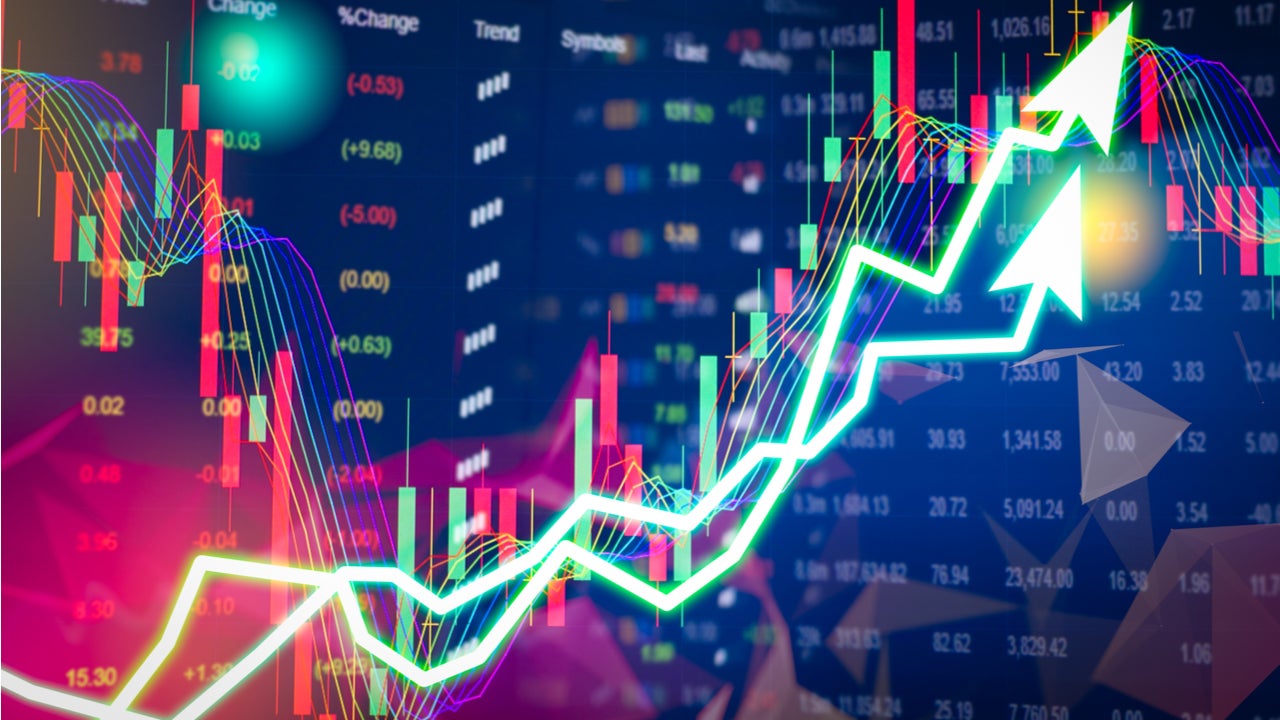
The US government defied dire predictions of a slowdown in 2019, with wages rising, unemployment falling and markets soaring. The strong GDP and an upswing in the stock market gave Trump a powerful message to own. However, polls revealed an overall fall in his approval ratings even though the economy stays resilient.
Ben White
Ben White, a chief economist correspondent and columnist, tweeted on how pundits have underestimated the importance of pre-pandemic economic growth for US citizens. He shares a 2019 piece depicting how Trump defied doubters with a surging economy. Even though the economy displayed resilience, Trump’s overall approval seemed to be falling as per polls, the article noted. Polls further revealed that the reason why the White House was focusing on the economy was because Trump’s approval rating fell to 39% due to the Muller report, but his rating on economy remained as high as 58%.

Discover B2B Marketing That Performs
Combine business intelligence and editorial excellence to reach engaged professionals across 36 leading media platforms.
Republicans were also worried about Trump’s irrational moves that could reignite a sharper slowdown of the economy, leading to US pulling out of the North American Free Trade Agreement (NAFTA) or Trump imposing sharp tariffs on the automobile sector. The economy was already vulnerable due to a sharp decline in federal spending. Renewed trade wars could further push growth down, economists believed.
There have been so many other things going on for the past four years that it seems pundits underestimated how important pre-pandemic economic growth was for many Americans. Flashback to this 2019 piece with @morningmoneyben:https://t.co/S4Runmq09o
— Victoria Guida (@vtg2) November 4, 2020
 GlobalData Strategic Intelligence
GlobalData Strategic IntelligenceUS Tariffs are shifting - will you react or anticipate?
Don’t let policy changes catch you off guard. Stay proactive with real-time data and expert analysis.
By GlobalData
Mohamed A El-Erian
Mohamed A El-Erian, a businessman, discussed how markets seemed to be rationally configured even though it was quite volatile now. However, the upswing in the stock market, low yields and the pressure on the banks, was consistent with how the economic challenges had to be met with and Covid-19 fought against in a divided country.
He further added that a second fiscal stimulus cannot be expected, and therefore fed intervention was important to remove bad outcomes and to understand that overcoming Covid-19 will not be easy or quick. Therefore, the stay-at-home stocks are better.
Markets are in "quite a rational configuration" right now," says @elerianm. "Forget about a big fiscal package, etc. Two, the Fed will have to come in and do more … three, we're not going to overcome #COVID19 quickly so the stay-at-home stocks are better." pic.twitter.com/JSspYRWm1k
— Squawk Box (@SquawkCNBC) November 4, 2020
David Rothschild
David Rothschild, an economist, shared his views on how the senate was going to block all necessary relief to New York to recover from the Covid-19 health crisis, with taxes increasing taxes and/or reduction in services.
Yet, the federal government was going to receive $22bn more in the form taxes. Therefore, he did not conform much to the idea of federal dependent states like Kentucky receiving subsidies from tax rich states.
Senate is going to block necessary relief to NY to recover from COVID, and we are going to have to increase taxes and/or slash services: Yet we are still going to send $22 billion more in taxes to federal government then we get back. Fuck that: I am tired of subsidizing Kentucky.
— David Rothschild (@DavMicRot) November 4, 2020
Daniela Gabor
Daniela Gabor, an economics professor, re-tweeted about a chart shared by chief economist Robin Brooks. The chart highlighted the daily tracker of real money flows and how economists warned that a big risk-off was building in emerging markets.
The real red flag was how the weak inflows were, as compared to the big outflows in the beginning of 2020. The most near-term catalyst of change could be the US election. However, the much bigger and underlying risk-off driver were the huge Covid-19 second waves across all places, Brooks added.
https://twitter.com/DanielaGabor/status/1323945841284030464



